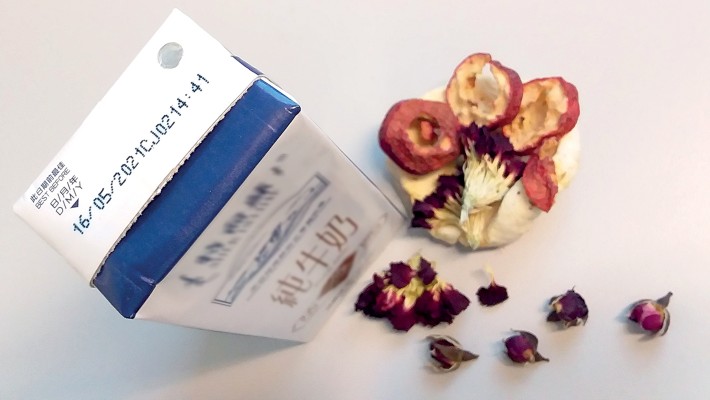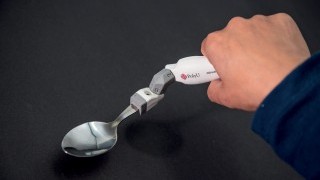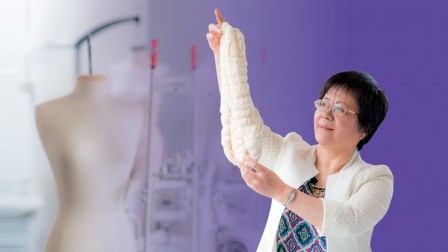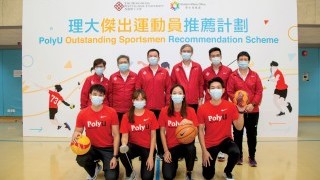PolyU’s nano-based ink technology helps industries forge ahead
Non-erasable ink invented by PolyU researchers has led to large-scale economic, industrial and food safety benefits. In the past, China and many other countries faced a long-standing problem that put public health at risk — Information printed on food and drink packaging, such as expiry dates, was being tampered with. A new ink developed by PolyU researchers commissioned by an industry partner has not only overcome this problem, safeguarding consumers’ health, but has also enabled the partner’s business to make a multimillion-dollar annual profit.
Since 2011, Professor Li Pei of PolyU’s Department of Applied Biology and Chemical Technology and her team of specialists in nanotechnology and advanced polymer materials have received full research support from the partner Hallyuen Holdings Ltd. It took them more than two years to develop successfully a nano ink formulation that could not be completely erased. When this “anti-erasing” ink is printed on multi-layered plastic packaging, it creates a double-layered, double-coloured mark. If the first layer is removed, it will leave trace marks that are highly resistant to chemical and physical stresses.
Thanks to Professor Li’s untiring research efforts, Hallyuen founded a company to commercialise the ink, providing some of China’s biggest food and beverage manufacturers, including Mengniu, with the ability to print tamper-proof expiry dates on packaging. Now the ink is being used to print 30 billion food and drink packages annually, helping to ensure food safety. Furthermore, the partner has been able to expand beyond the ink-related businesses to become a listed technology company.
Apart from the dairy manufacturers, other industries including cable and wire, and electronics are also applying the technology to tackle their specific issues. More types of ink, including ones that are resistant to oil, water, alcohol, and rubbing, have already been developed through the collaboration between the company and the PolyU team. They are now working on “smart ink” that can respond to UV light to further serve industries.






